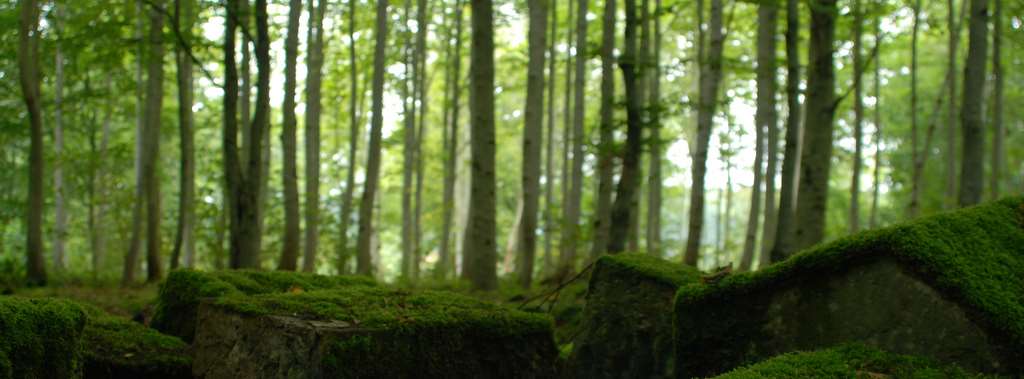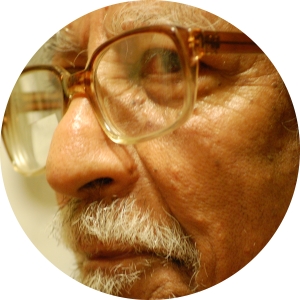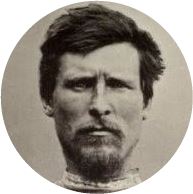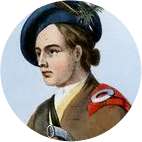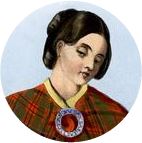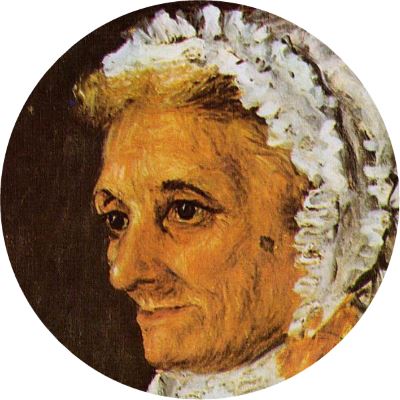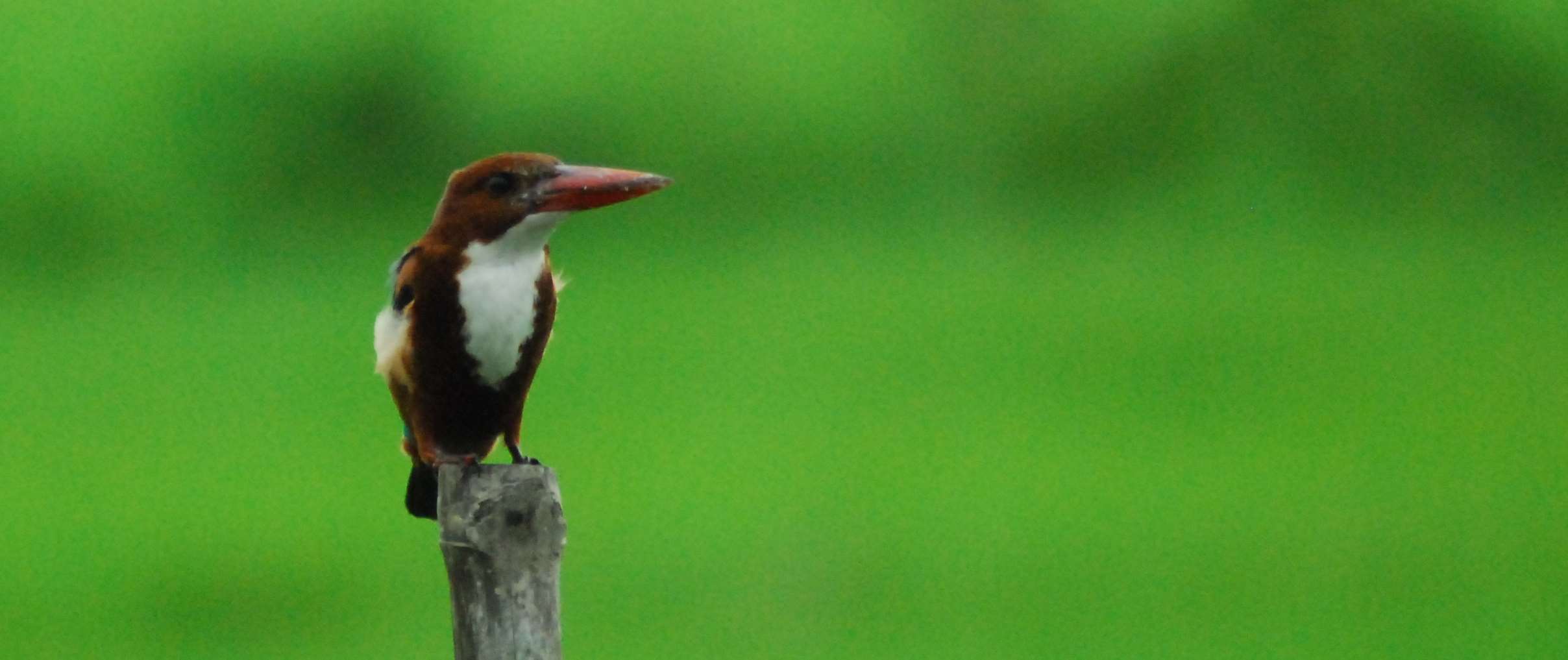The family, living as Smiths, had done well in Fort Williams. Martha and Mam had never lived so comfortably, for Angus — as Hugh was now called — earned reasonable money on a regular basis, doing a variety of jobs on the Caledonian Canal site. Thomas Telford had designed it and was now building it, but the hard slog, under far from pleasant weather conditions, was the work of people like Hugh. The work was tiring, but he and his fellow Highlanders were not afraid of hard work.
Many, like him, had been dispossessed crofters, but they knew him by his new name, and no one suspected that the mild-mannered Angus might have been the legendary figure that he had become. It was quite funny listening to people telling him how he had (a) jumped into the raging sea from the ship taking him to Botany Bay, and was living as a white Rajah in India (Hugh never learnt how to swim!), or (b) had organised a mutiny on the ship, taken it over, and was now leading a prosperous life on some South Sea Island or (c) had gone to France after a daring escape from a port where his ship had stopped, and was being trained to come back to England to organise a French style revolution which would put the masses in power, and tragically (d) had been tricked by the Duchess of Sutherland, lured to some dark corner by her hired assassins, and there garrotted, his body thrown in the sea.
John was born in Fort Williams, and however tired Hugh was after a gruelling day digging, hearing his little boy’s ringing laughter completely reinvigorated him. Martha was delighted that after the initial disappointment of not having a son, he had taken Kitty to his heart, and she could not imagine him loving a boy more.
Still Hugh had always felt like a cuckoo in the nest working on the Canal. He was a farmer, he understood cattle and oats, and he missed the land. Martha and Mam, accomplished mistresses of husbandry, were able to put aside a not inconsiderable sum of money in five years, and when they decided to move back north, Hugh was satisfied that after the years the authorities had forgotten about him. Thus it was that the family arrived in Strathnaver, again, to live the life of crofters on land belonging to the Duchess of Sutherland.
Soon after settling in his new croft, he was able to purchase six Black cattle, and his oats and potatoes were doing well. Angus Smith quickly earned himself the reputation of an honest hard-working no-nonsense if dour Highlander. The children, John and Catriona were growing up nicely. They had shoes and socks, and were warm at night, they were well fed, went to school and were healthy and lively. Sometimes too lively. Mam was frail and weak, but her mind was as sharp as ever, her hair had gone completely white, but her piercing blue eyes had lost none of their shine, and still commanded respect. Hugh remembered how as a child, she didn’t have to open her mouth to convey her disapproval of something he had done. A flick of an eyelid, the shadow of a frown followed by a piercing look was all it took. Although he had always loved her with a longing that often brought a lump to his throat, although he had always known that she would gladly put herself in the trajectory of any lethal blow to stop harm coming to him, he had always been in awe of her, he had lived in the fear of her disapproval. Not that she raised her voice to him or ever spoke sharply to anybody. It had to be those eyes. Now, years later, he realised that he had wrongly read the disapproval he thought he saw there. It was a natural flaw which gave out the wrong signals. As an adult he would encounter people with laughing eyes who had no joy in them, people who looked as if they were on the point of bursting into tears, but who had joyful souls. What was clear was that John and Catriona were not in the least overawed by those piercing eyes. There must be people who are not meant to be mothers, but grandmothers.
John was a sweet enough wean, but he was a moaner. To the chagrin of Martha, ten minutes after a copious meal that he had often claimed he could not finish, he would be complaining of hunger. There was never any shortage of food, but Martha had a Highlander’s loathing of waste. There had been lean times, but she made sure the two children had an almost full stomach, even at the expense of sometimes going hungry herself, pretending that she had partaken of a big plate of leftover oat porridge whilst weaving.
Although no one went hungry, the fare was pretty monotonous, bordering on the unappetising, almost always oat, turnip, a little potato now and then, sometimes a cabbage, and very rarely meat or fish. They only had meat if some poacher brought them a joint which the family paid for with some turnips or oats. Salmon was becoming as rare as warm days in December. Time was when Hugh would spend an hour or two at some loch and come back with a trout or some perches, sometimes a salmon, but as tension between the Duchess and the crofters grew, she hired more wardens to put an end to what she called indiscipline and lawlessness. Still it was as difficult to stop the Highlander bent on doing some honest poaching as it was to stop smoke coming out of a fire. The Highland poacher was a resourceful and tenacious operator, and without him, the likes of the Smith family would forget what meat or fish tasted like.
As Mam grew older, her appetite grew smaller. She often said that old folks needed just a few mouthfuls of food as they were not going to grow any bigger, and that the lighter one was, the better it was for the heart anyway. Have you ever seen a fat old woman, she would ask? Fat people die young.
In a selfless attempt at making sure the kids were not deprived, Hugh would always deviate a part of his share to Kitty’s and John’s plates. Kitty would usually stop him, but John never protested, even if he knew that he would struggle with what was on his plate.
Hugh and Martha, as well as Mam, had often hoped that John would outgrow what they called his sour nature. He seemed selfish and had a resentful nature, was mean to his older sister. Martha called it thoughtlessness. He never missed an opportunity for pointing out that Kitty had had a bigger share of oatcake or whatever. Once when they were both quite small, when told that there was a piece of oatcake for him and one for Kitty, he said, can I have Kitty’s? When rebuked over anything, he usually sulked and said that when Kitty did the same thing, they let her get away with it. Hugh tried a reasoned dressing down whilst Martha tried tenderness and reasoning, neither worked.
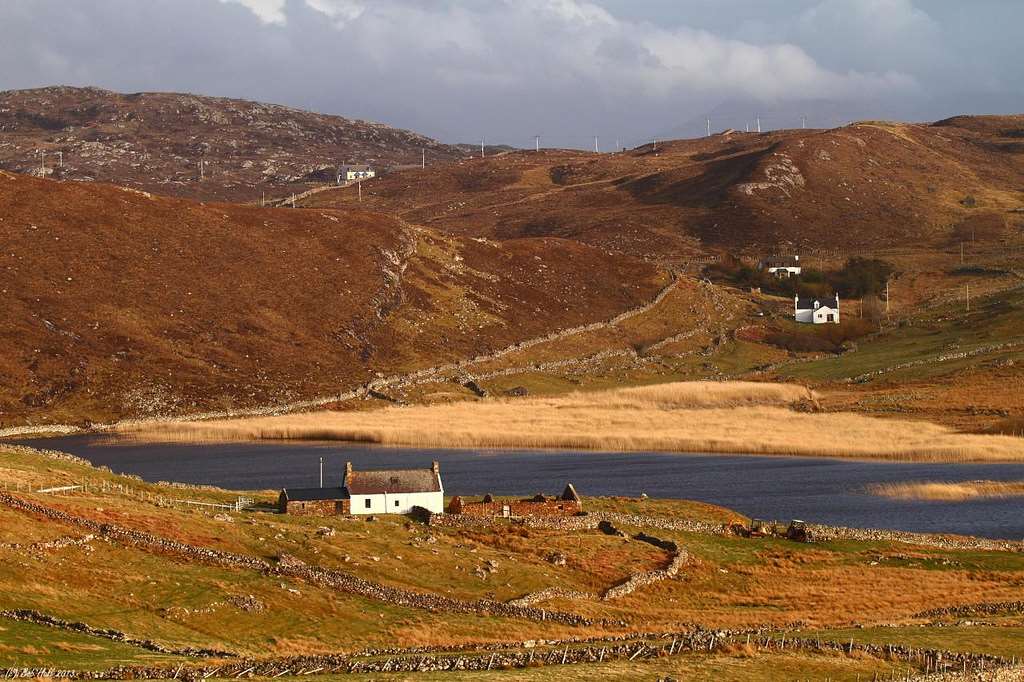 Photo Credit:
CC-BY-NC-ND Bob Hall
Photo Credit:
CC-BY-NC-ND Bob Hall
One night Mam surprised everybody by telling the young pair that if they stopped fighting, she would tell them a story. Hugh did not remember her telling him and Morag, now dead, stories, when they were bairns. After she told her first story, Hugh asked her how come she knew stories now, and she seemed completely stumped, scratched her head thoughtfully, and admitted that she did not know how. She just decided on the spur of the moment to make one up, and then the story took over and narrated itself, so to say.
It was a cold rainy night, and after the evening meal, they were all seated in the big room, as they called it, a small fire burning, providing a little warmth and a glimmer of light. Martha was weaving in one corner, and Hugh smoking his pipe was deep in thought about some scheme for improving yield, and Mam surprised everybody.
The storytelling soon became a family tradition. Although Mam aimed her stories at the children, Hugh and Martha sitting at the far corner of the room supposedly doing their own things, like weaving or smoking a pipe, paid attention to every word. All the stories featured two cousins who were recognisably modelled on John and Kitty. In the first story, Ekko the John character was a selfish and thoughtless meanie and Trina (Kitty) was all sweetness and light, but in the next story it was the other way round. Next day, it was Trina who was the wicked one, and Ekko was a noble and heroic figure. Mam who obviously knew Kitty inside out, was not blind to her faults, and made Trina a proper little minx, resentful and self-regarding. There was little doubt that the protagonists recognised themselves in Mam’s tales.
Hugh had often wished that he knew how to help the boy. He sometimes reacted angrily when the lad whined and whinged, but he managed to stop short of hitting him, although he had been often tempted. He had slapped him once when he was four, it had not been a hard slap but the four red marks left on the poor boy’s face had shocked him, and he had vowed that never again would he hit his boy. Da used to beat him regularly, hitting him with a yew stick on his bottom, and paid no attention to Mam’s objections, until one day she said to him, Kenny, if your words cannot enter into the boy’s head, it is unlikely that wisdom would enter his head through his arse! Da had been surprised, had looked at Mam angrily, then shook his head, smiled as the meaning of the words sank in, and nodded. He never hit him again. John was born with these negative characteristics and no amount of talking to helped. Did it mean that later in life he would be left behind, a victim of his own shortcomings?
Hugh recognised that Mam’s stories were obviously conceived with great care. When Ekko was good, Mam was showing him what a worthy person he can be, how “being good” made one happier, and when Trina was reprehensible, it was like a warning — watch it young missie, or you might be turning into her.
It did not take him long to realise that her aim was to teach the boy a few qualities she thought he was sadly devoid of. Martha agreed with him, adding that she thought John had inherited many of the traits of her brother Jamie who nevertheless grew up into a kind and thoughtful man, but he had died of gangrene when his broken leg had not mended properly and had festered. Hugh thought highly of his wife, knew that she was a thoughtful woman with a lot of common sense.
Thus it was that every night before the kids went to sleep, Mam would make up a story with the two cousins living in that land which was even further north than the North Pole. Some of the stories Mam told were simplistic, but on some days she was truly uninspired, and even the kids responded by an early yawn. She claimed that the story had not been as good as she had intended because the kids were obviously tired, as demonstrated by their yawn. She needed to know that her tale was being treated with the respect it deserved, otherwise it just withered away. Wonder what came first, Hugh remarked to Martha, the yawn or the faltering of the tale.
The two siblings grew up, fighting as usual, but anyone could see that they fought out of habit. Imperceptibly they had grown closer, and when the animosity with which they fought was boiled away, the residual was usually good-natured childish banter. The moment one was in trouble, with parent or peer, the one would jump to the other’s defence. Martha said, rather optimistically that John had shed many of the negative sides of his character, and she, for one, would not have wished for a more decent young man as a son. No power on earth would shake Hugh’s conviction that if the boy had turned into an upright young man, it was entirely down to Mam’s subtle indoctrination, and Martha said she agreed with him.
At fifteen, John had grown into a handsome and well proportioned man, responsible and hard-working like his father, as good with cows and oats as he was with carpentry or repairing and making ploughs and rudimentary machines. He was not a brilliant student as Kitty, but he was well able to read and write. Hugh had always told him that he should aim for something better than the life of a crofter. At one point, having talked to his mates, he had started thinking of the 93rd as an obvious home for his brawn, but he hated the Duchess for what he called her avariciousness and her treatment of her tenants and would never dream of being part of her regiment. For one thing, Grand Mam had never made it a secret to anybody that she thought that if there were no soldiers, there would be no wars and people would not be killing each other leaving a trail of misery and desolation. She often said that even the enemy soldier had a mother who would be heartbroken when she heard that her son had died fighting for his king. Why don’t the kings fight each other, if they loved fighting, she asked. Hugh and Martha were not keen on losing their only son on some foreign battlefield either.
When one day he came home and started talking about the Earl of Selkirk and his plans to ship Highlanders to the Carolinas and Canada, the family, with the exception of Mam became greatly alarmed. Hugh spoke to him about the Caledonian Canal which was still not completed. He had often thought that if he had stuck with that a bit longer, he might have gotten used to it. Everybody was greatly relieved and pleased when the lad finally made up his mind and went to Fort Williams.
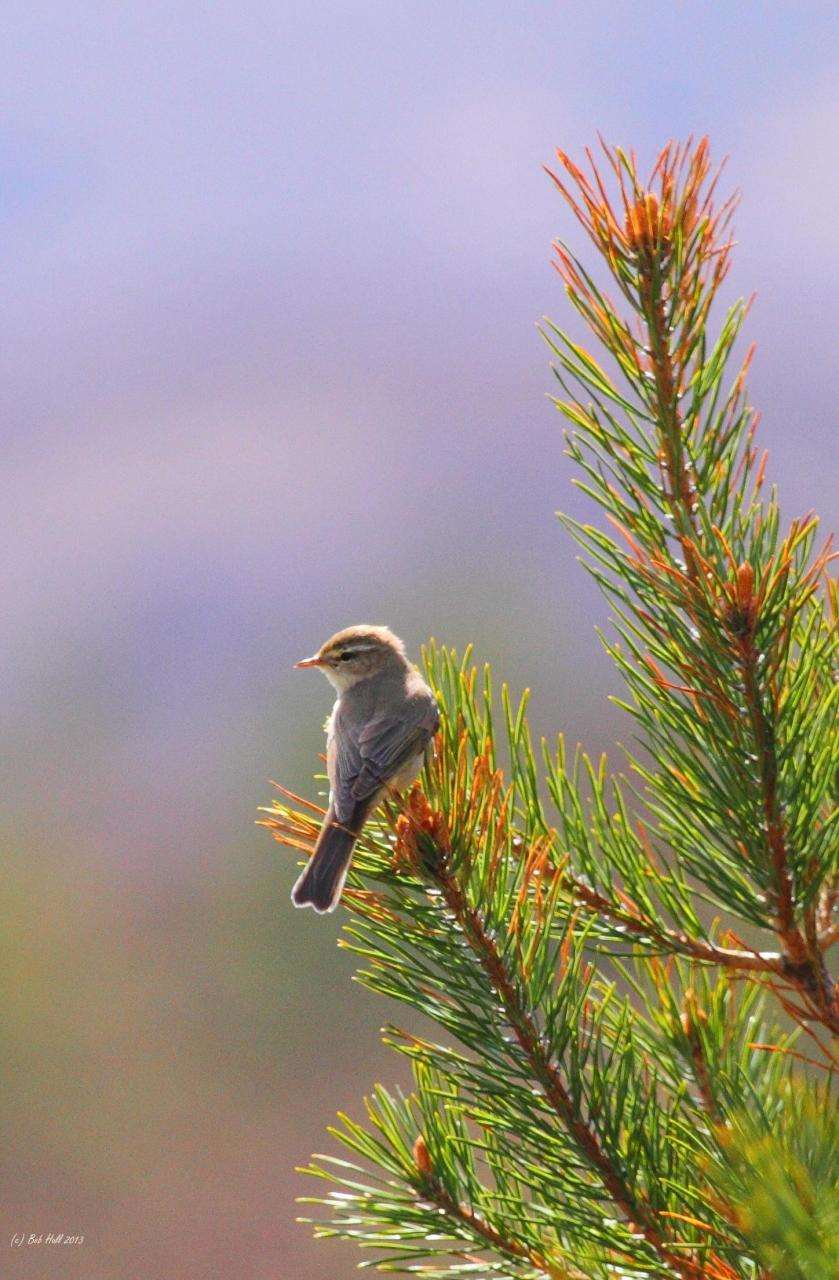 Photo Credit:
CC-BY-NC-ND Bob Hall
Photo Credit:
CC-BY-NC-ND Bob Hall
